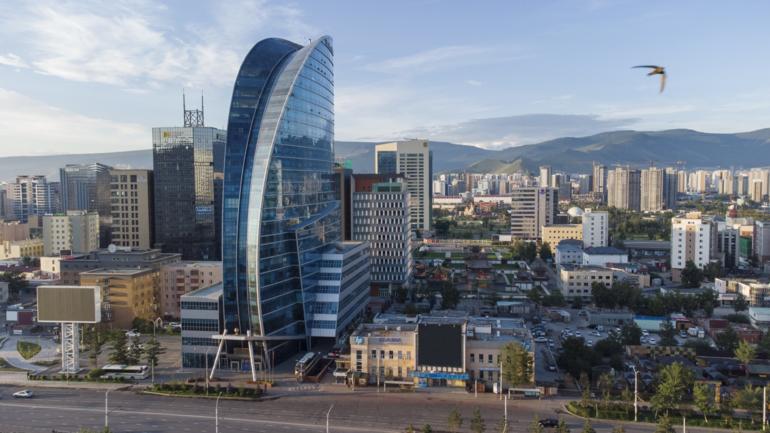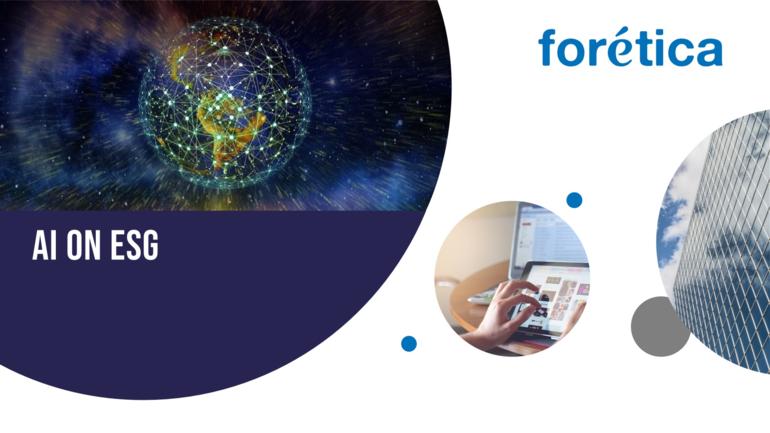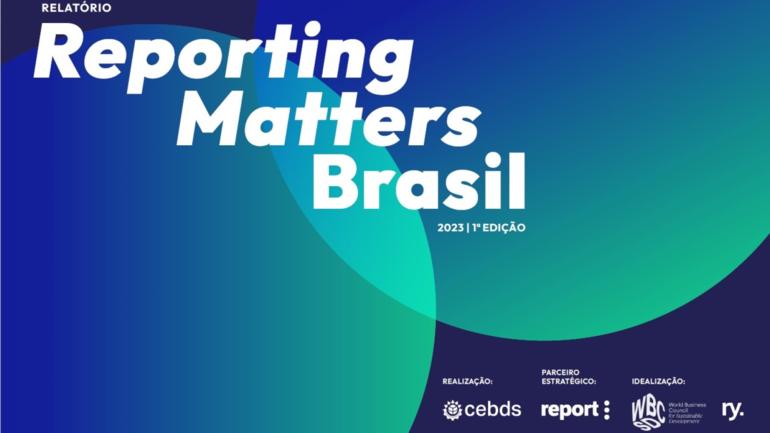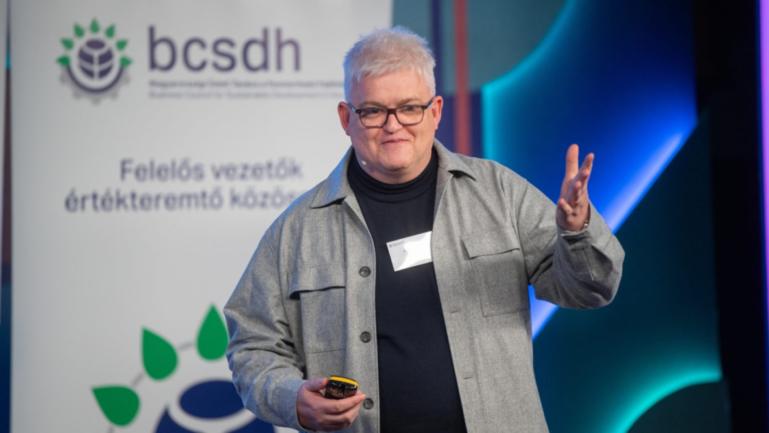Buenos Aires, 22 December 2020: By featuring existing initiatives and strategies of local companies’ alignment with the SDGs, CEADS and EY Argentina aim to broaden the understanding of the business case for the SDGs, and thereby continuing to encourage the embedding of this agenda within corporate operations and cultures.
A virtual hosted at the Andreani Logistics Group's Intelligent Transfer Center presented the latest results: 426 initiatives, led by 85 companies, which together address 124 of the 169 targets of the 17 Global Goals. During this year, nice additional companies joined, and 125 new initiatives were launched.
According to Sebastián Bigorito, Executive Director of CEADS: "Through this program we aim to demonstrate that there is a role for a company that is quite different from the traditional one when it comes to contributing to the SDGs. Companies generate wealth and employment, but also social and natural capital, symbolic capital and shared value because in addition to economic agents they are fundamental social actors for the societies of the future.”
For her part, Ana Muro, Coordinator, Society and Business Focus Area in CEADS, underlined that 85% of CEADS members participate in the Platform. Key industry contributors for 2020 were the food & beverage, oil & gas and utilities sectors. In terms of geographic impact, half of the initiatives are distributed in the provinces of Buenos Aires, Mendoza, Neuquén, Córdoba and Salta. Key SDGs targeted by the business initiatives were SDG 12 (Responsible Production and Consumption) with 61 initiatives, SDG 4 (Quality Education) with 60 initiatives, and SDG 8 (Decent Work and Economic Growth) with 56 initiatives. Furthermore, initiatives specifically focused on COVID-19 represented 11% of the total initiatives, half of them linked to business continuity and the other half to community actions. A short video with the highlights of the above results is available here
The role of business in transitioning to a new era
The session also featured a dialogue between Roberto Salas, CEO of Consorcio Nobis and Filippo Veglio, Managing Director at the World Business Council for Sustainable Development (WBCSD), on the impacts of COVID-19 on the sustainability agenda – from a business perspective, and from a leadership perspective.
Veglio argued in his introductory remarks that “the response to COVID-19 must be articulated in line with the SDGs, and through a lens of recovery, reinvention, resilience and regeneration - it is important to work on how companies recover from shocks, how they can become more adaptive and therefore more resilient, how the capitalist system takes this opportunity to reinvent itself in view of creating value, and how we focus on ecological and social regeneration, not just on doing no harm.”
For his part, Salas underscored that “more than a new normality, we are in a process of transition towards situations where the normal is change and the abnormal is the speed of change. In a faster, more volatile and complex world, today we also have greater access to education and technologies that were unthinkable a few years ago, so we can be faster, more innovative and more competitive. Thus, if we incorporate these elements into mental structures and ways of managing teams, we can be agents of change. That is, instead of suffering disruption, we can dare to be disruptive of our own industries.”
On resilience, he said: "The business sector rarely wanted to talk about resilience: the word failure is avoided. That is a mistake to be corrected. Taking advantage of this situation and the awareness that we are vulnerable (not only because of the pandemic), the new executive must be willing to recognize that vulnerability and learn about it. There is a great lesson from start-ups and innovation processes: that of being prepared to tolerate failure. The problem of failure is not in failing but in not learning from it.”
In this context, he addressed the linkage between resilience and leadership: "When we talk about resilience we think of shared leadership. Many times these are very concentrated in one head. When crisis situations emerge, they have less possibilities to recover companies, processes and capacities. When leadership is more spread out formally and even informally, that generates a faster recovery because at the end of the day in a crisis situation what people look for are references to build in a team.”
Salas also emphasized: “When we think with an attitude of opportunity we must be agile. I have a problem with the concept of speed: one can be fast but go in the wrong direction. Agility is better because it allows for flexibility. This way, if we are going down the wrong path, we have the capacity to adapt and see how we recover.”
BCSD Argentina / CEADS is a partner of the World Business Council for Sustainable Development’s (WBCSD) Global Network, an alliance of more than 60 CEO-led business organizations worldwide. The Network, encompassing some 5,000 companies, is united by a shared commitment to provide business leadership for sustainable development in their respective countries and regions.
More information
- Video recording of the session held by BCSD Argentina / CEADS on 15 December 2020
- SDG Business Platform for Argentina
- Conectando empresas con los ODS: la contribución del sector empresario argentino con la agenda 2030
- Ana Muro, Coordinator, Society and Business Focus Area, CEADS








